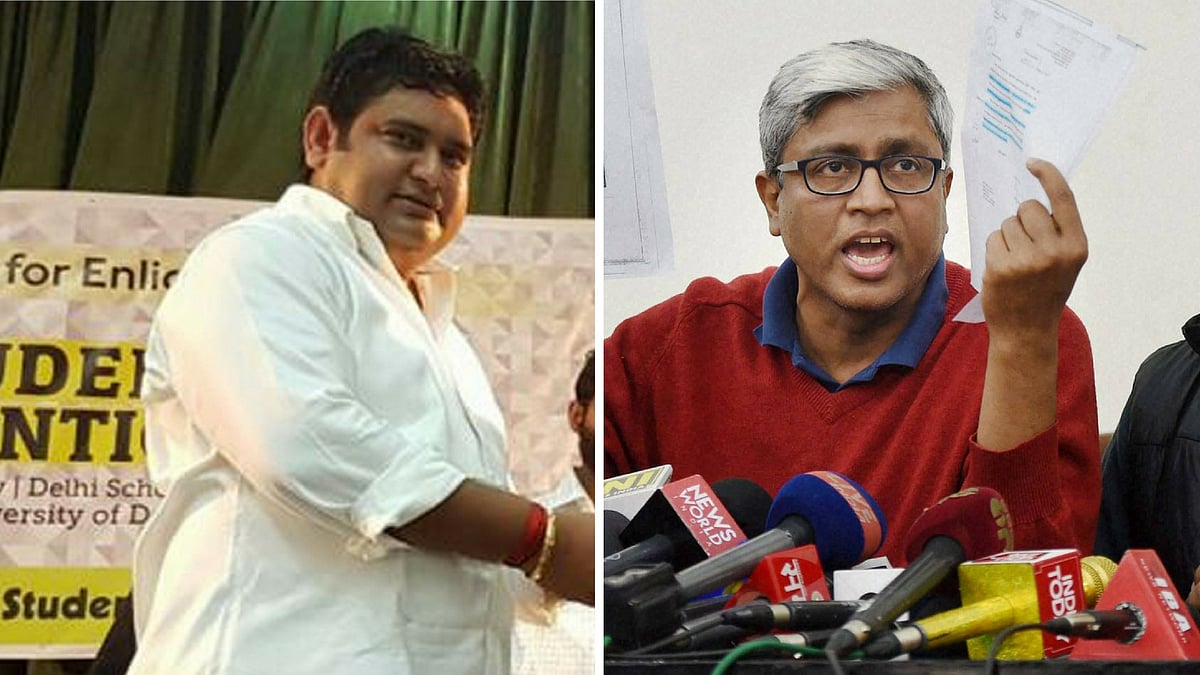AAP’s Ashutosh Defends Sandeep Kumar, but Leaves Us All Confused
The article reads like it’s going to explain why AAP punished its man, but we never get the answer to that.

advertisement
Delhi’s Minister of Women and Child Development, Sandeep Kumar, has been “exposed”, humiliated and sacked from his post, all in the course of one day.
A nine-minute-video showing Kumar in “a compromising position with two women,” led to his fate.
His crime? Well, all of us have been wondering that, including AAP’s Ashutosh himself.
In an article for NDTV.com titled‘The Sex Was Consensual, Private Act. Why AAP Punished Its Man,’ Ashutosh makes a humbling attempt to exonerate Kumar. He makes a case against the “moral outrage” over his “sex tapes”, buttressing his piece with the whole ‘sex is a natural thing’ argument.
The narrative lays bare the social hypocrisy of treating a sexual act as something morally corrupting, demeaning, or worse, worthy of getting someone dismissed from his job.
Ashutosh’s arguments make complete sense, justified even. The fact that Kumar is a public figure does not in anyway necessitate hauling him over, well, the “natural” act of physical consummation. He, is, after all, an aam aadmi (pun intended) like any of us
Ashutosh carefully delves into examples from the past where a male leader’s sexual involvement have not had any ramifications in his political life. It’s clear, that by drawing these examples, Ashutosh’s is strengthening his case for Kumar.
And finally, Ashutosh exposes the media’s “hypocrisy” and “hollowness” in capitalising on Kumar’s sex tapes.
While one can debate over the merits of television channels airing the video on air, Ashutosh’s last few lines in the article have left us terribly confused.
How does the fact that the party is new in politics related to it sacking a minister for something the leader himself believes is a “natural” act?
The contents of the entire article indicate that Ashutosh stands in solidarity with Kumar, but the sense of backtracking towards the end is a bit problematic.
And most of the criticism against the party in view of this incident is in consonance with the outrageously moralistic stance taken against the minister. Delhi’s Chief Minister not only thinks the act is “objectionable”, but also terms it something that does not fulfill the party’s definition of “propriety.”
Somehow, in this implicit support for the party’s actions, the leader becomes complicit in their doings, which obviously deflates his entire case for Kumar.
Also, the title of the article seems like it’s going to explain ‘why AAP punished its man.’ We never got the answer to that.
(With inputs from NDTV.)